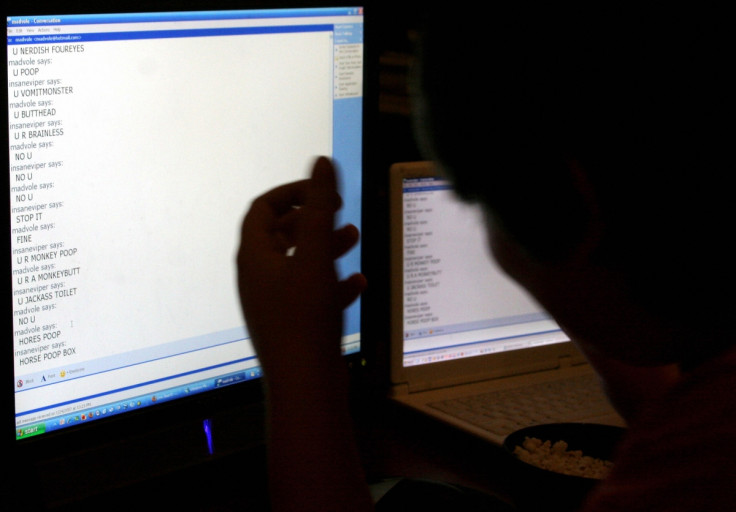Toddlers being sexually abused by online predators, says NSPCC

Children as young as one are becoming victims of online sex abuse in the UK, the National Society for the Prevention of Cruelty to Children (NSPCC) has said in its annual report. More than 3,000 sex crimes against children involving an online element have been recorded by 38 out of 40 England and Wales police forces between April 2015 and March 2016, according to the society.
Data obtained by the organisation reveal children below 10 were involved in more than 270 cases. The crimes included persuading children to take part in a sexual act, preparing victims before meeting predators and live-streaming abuse.
The society obtained the data through a Freedom of Information (FoI) request, asking for records of crimes against children under the Sexual Offences Act 2003 between 1 April 2015 and 31 March 2016, which also involved an online element.
In April 2015 it became obligatory for the police to "cyber flag" internet-related sexual abuse cases. However, the society reports that "a small number" of police forces were unaware of the development and said they did not know they were meant to "cyber flag" such cases.
While Police Scotland and the Police Service of Northern Ireland did not respond to the society's FoI application, figures for the force show 139 recorded sex offences against children conducted over the internet in Northern Ireland between 1 April 2015 and 31 March 2016.
One of the reasons for the reporting of child sex crimes seeing an estimated 80% increase could be the online element, says the National Police Chiefs' Council.
"More research is needed to understand these trends and whether they reflect greater confidence among victims to come forward, better identification by professionals, or an actual increase in offending," Simon Bailey, chief constable, from the council said.
"These figures confirm our fears that the online world is playing a significant role in the sexual abuse of children in the UK. It's clear that a large volume of sexual assaults and rapes of children have involved the use of the internet - for example by grooming victims before abusing them offline, or live-streaming the abuse.
"We know grooming is on the rise because children are increasingly telling our Childline service how they are being targeted online," chief executive of NSPCC Peter Wanless has said.
The figures revealed by the society's annual How Safe Are Our Children? report also showed the pressure the police were under in dealing with sexual abuse of children online, he said. "We have to ensure they have the resources and training to make them fit for tackling crime in the 21st Century.
"And the government must make mental health support available to every child who has endured abuse."
© Copyright IBTimes 2025. All rights reserved.



















